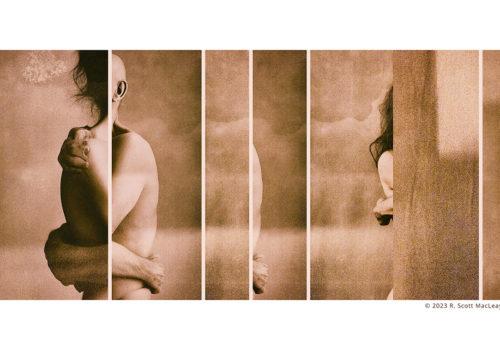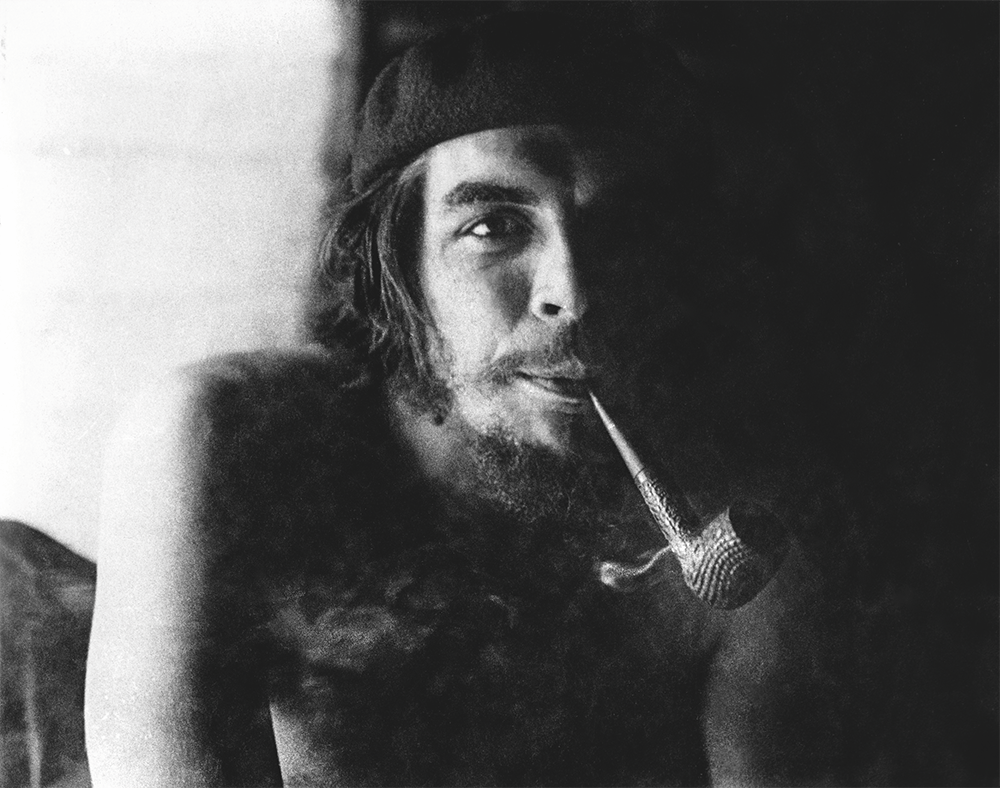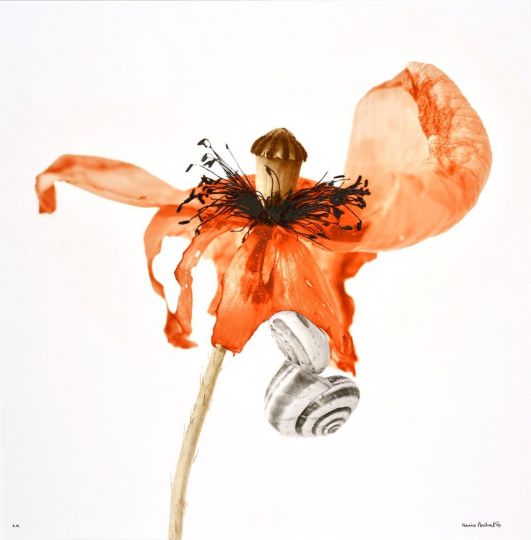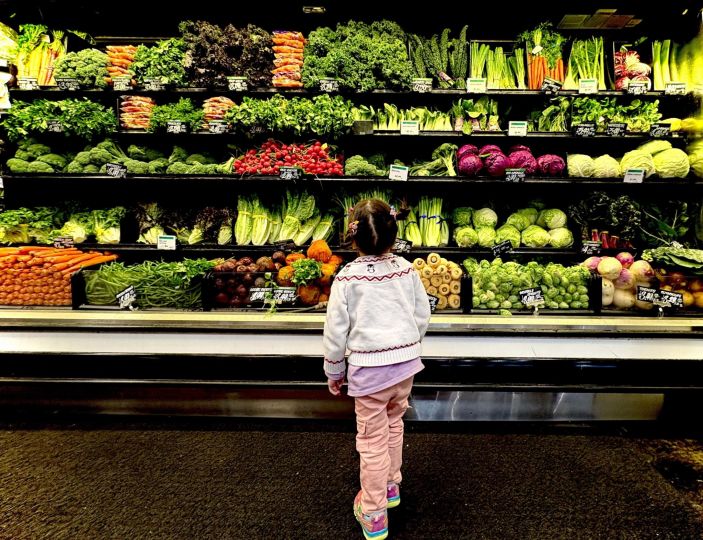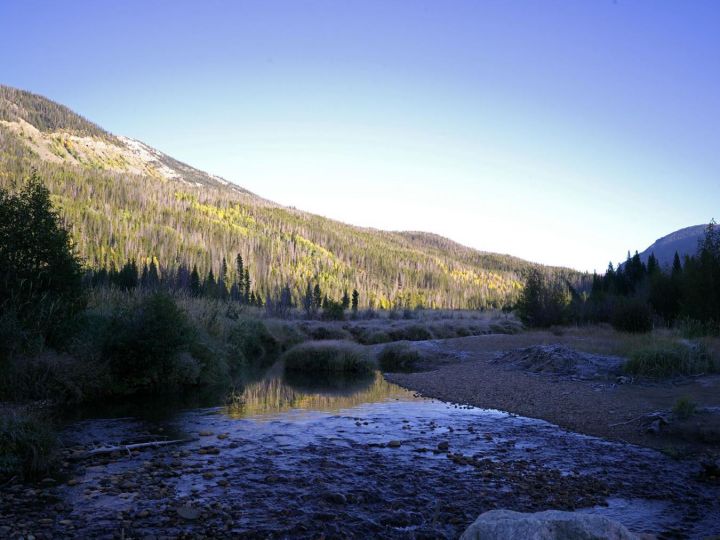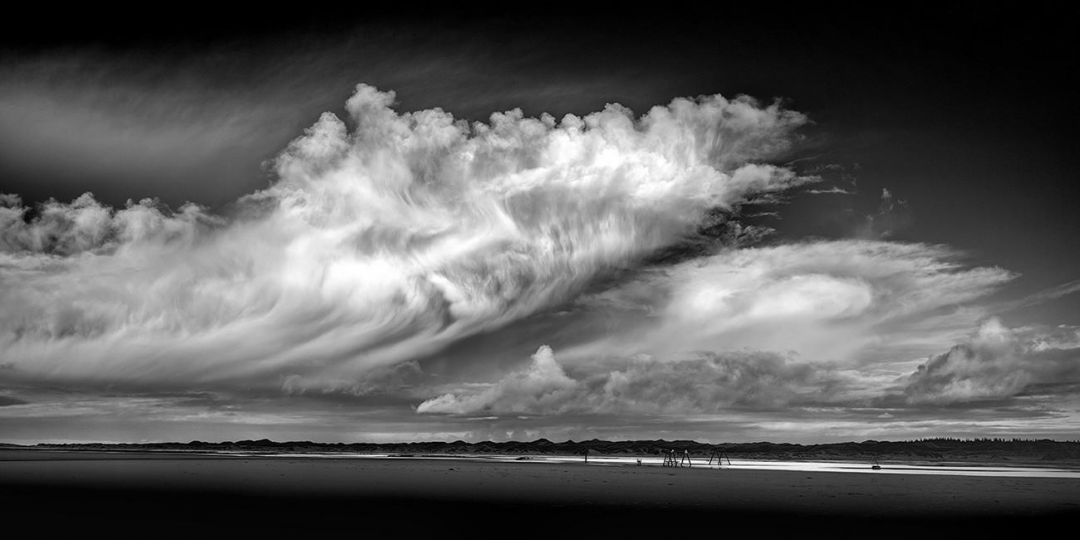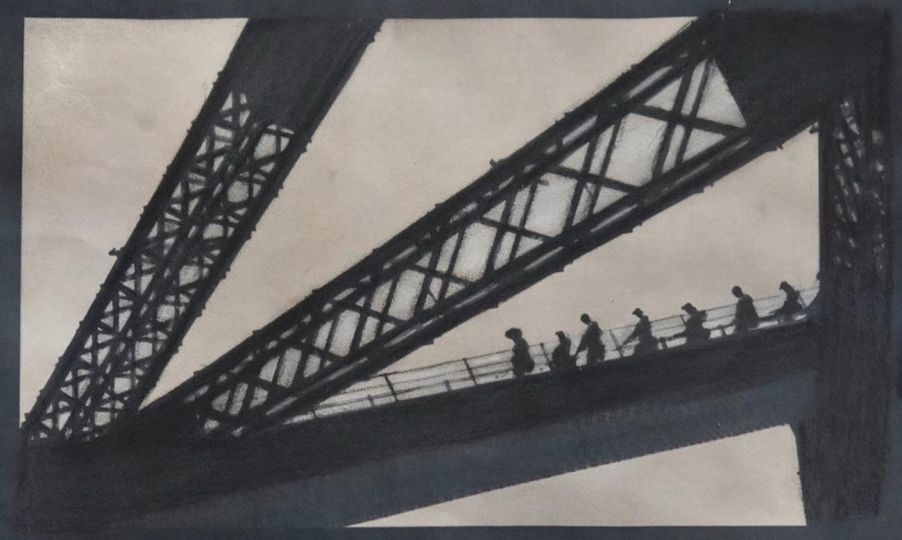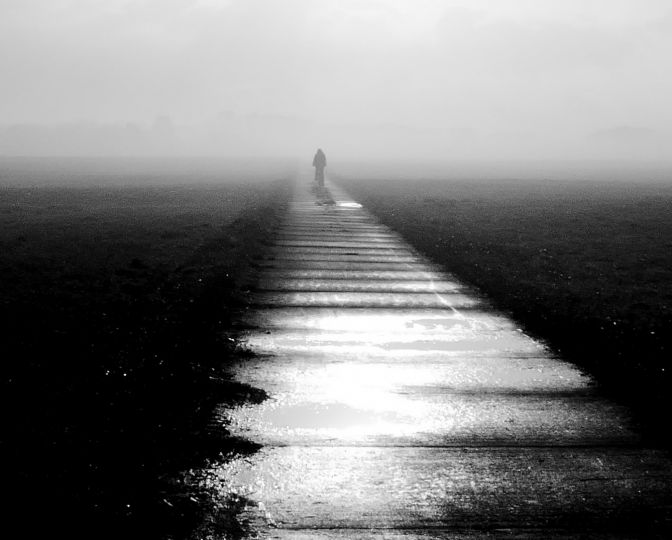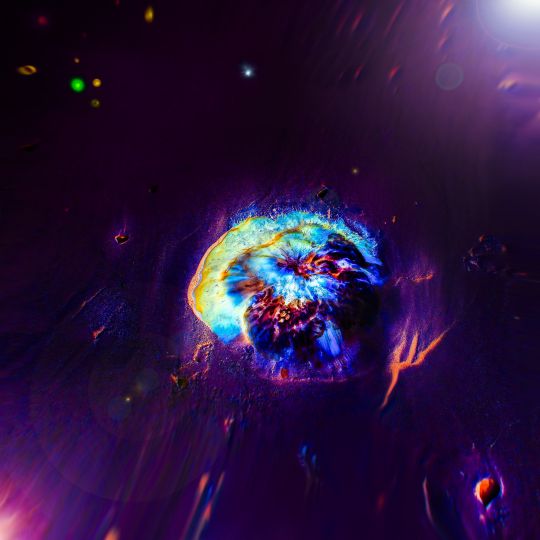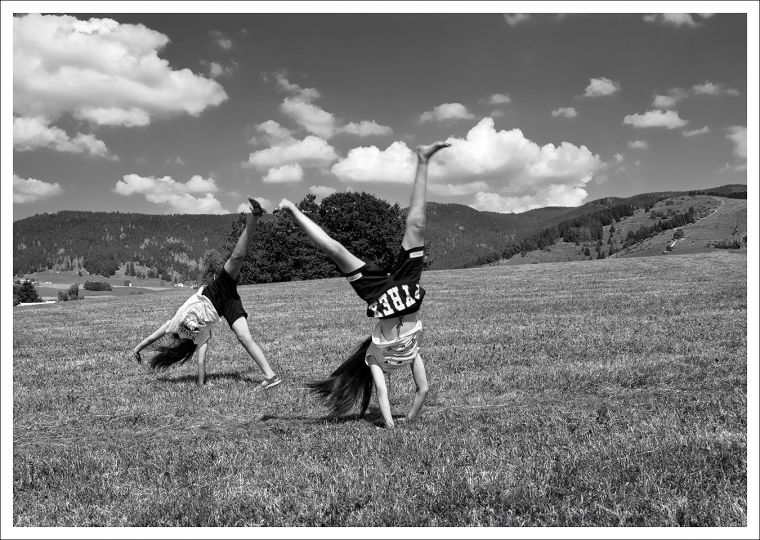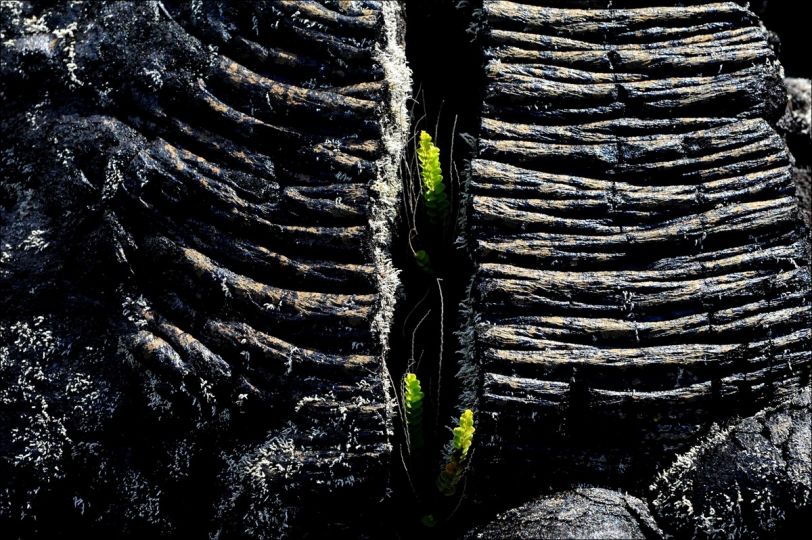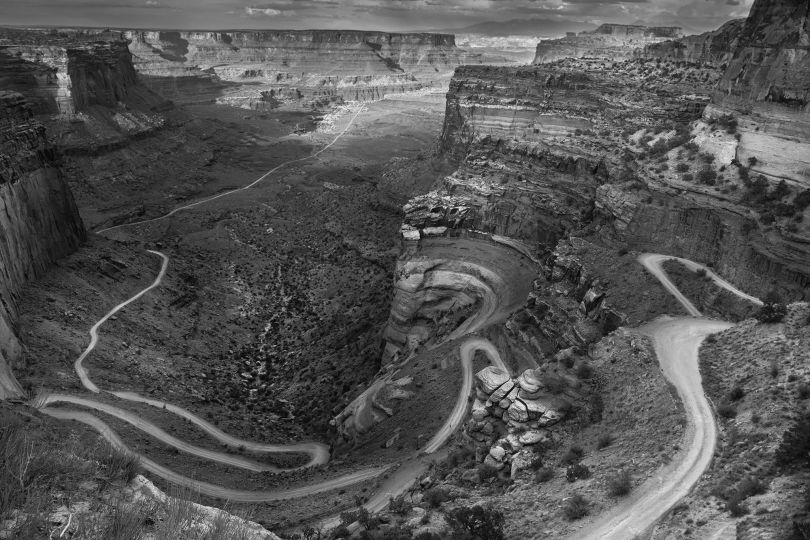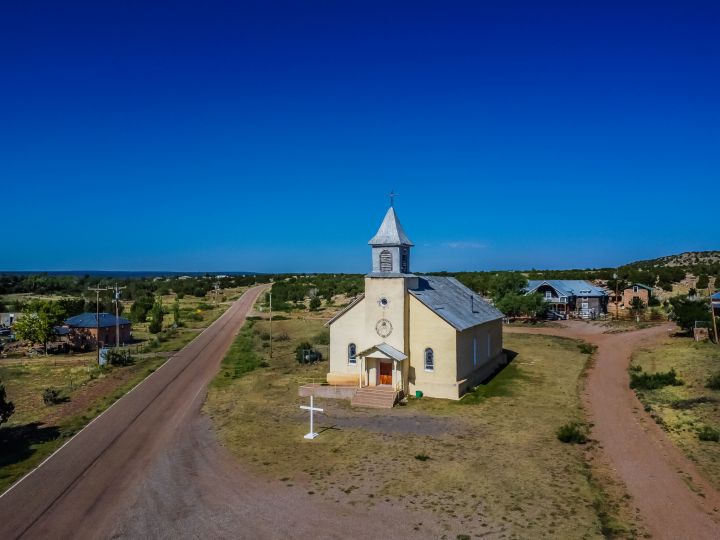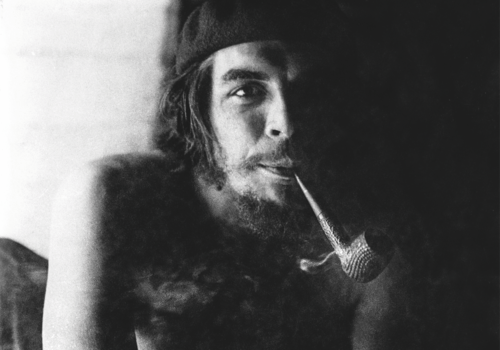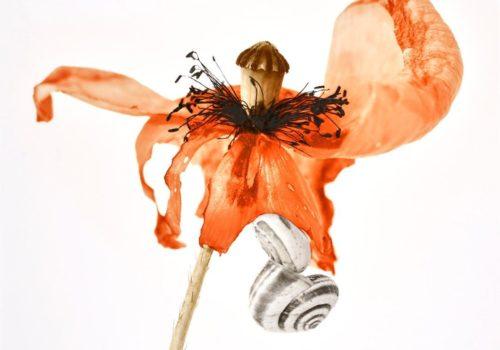The first unusual portfolio of the year.
It is signed Robert Scott MacLeay and is accompanied by this text!
As we age our ability to adapt to new situations seems to diminish. We are fearful of situations that appeared normal as younger adults. We are often less curious and tend to be more rigid in our thinking and perspectives. We tend to increasingly depend on a fixed set of experiences and information and are often unaware of the lack of evolution in our thinking. Of course, there are exceptions to this and the age at which such rigidity of reasoning appears varies from individual to individual. However, if we live long enough, I believe we all eventually confront a similar type of situation.
At this point, is what we label human intelligence so different from what we refer to as artificial intelligence? What differentiates the two seems to diminish to varying degrees with age as the perceived advantages of human intelligence slowly begin to dissipate. I am referring here to our ability to understand unknown environments, to our physical prowess often responsible for our survival in the past, to our emotional awareness of the world, to our capacity to embrace abstraction of multiple forms, to our ability to create and conceptualize and to contextualize our critical thinking. Although we may retain our ethical values and emotional connections to the world, these may tend to rigidify with age as we become less inclined to doubt or challenge our beliefs in a critical manner.
This series poses questions about this stage of our lives and uses persons produced by AI rather than human models. The decision to use AI-generated models was inspired by the subject matter itself as well as by the difficulty of finding models, particularly elderly models, willing to pose unclothed. In these pieces I chose to generate models of older couples with slight physical challenges based on my detailed descriptions of the characteristics I sought. After generating multiple potential models, I selected those most appropriate for my objectives and proceeded as I always do, using this information as data from a new reality from which to create the situations and environments capable of expressing the states of mind I wished to explore. I have always considered myself a documentary photographer who simply chooses to create the environments he documents. This series is no exception.
Robert Scott MacLeay

